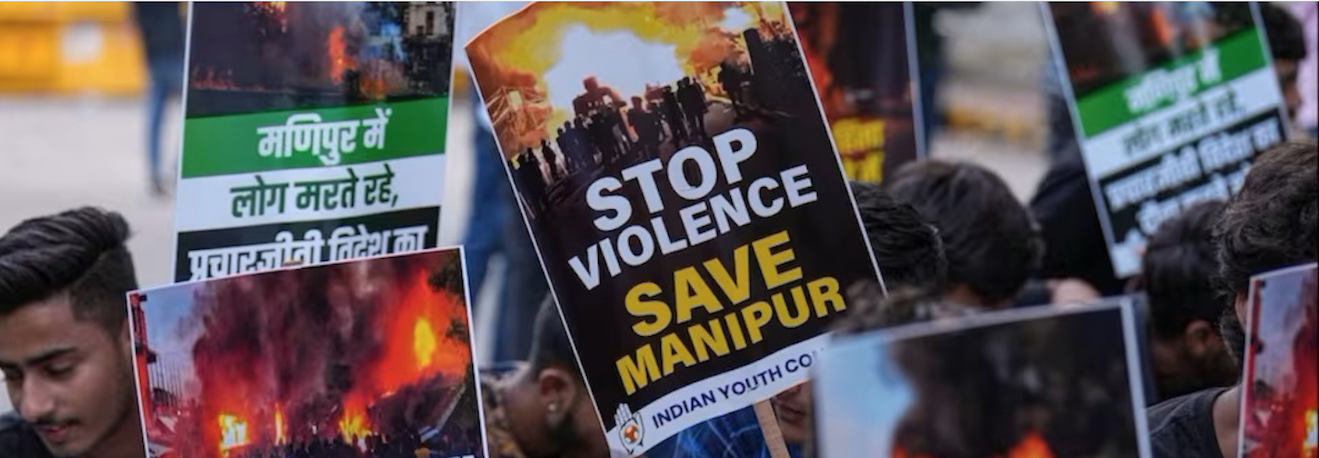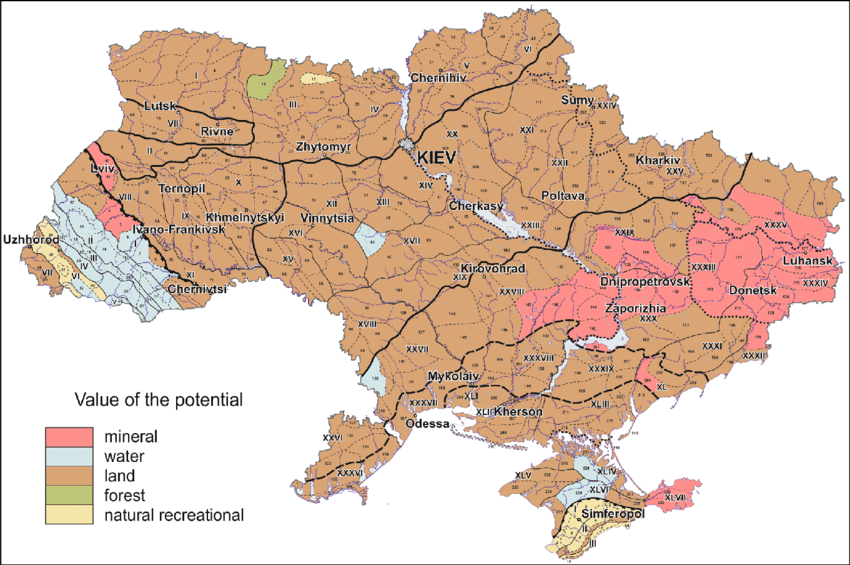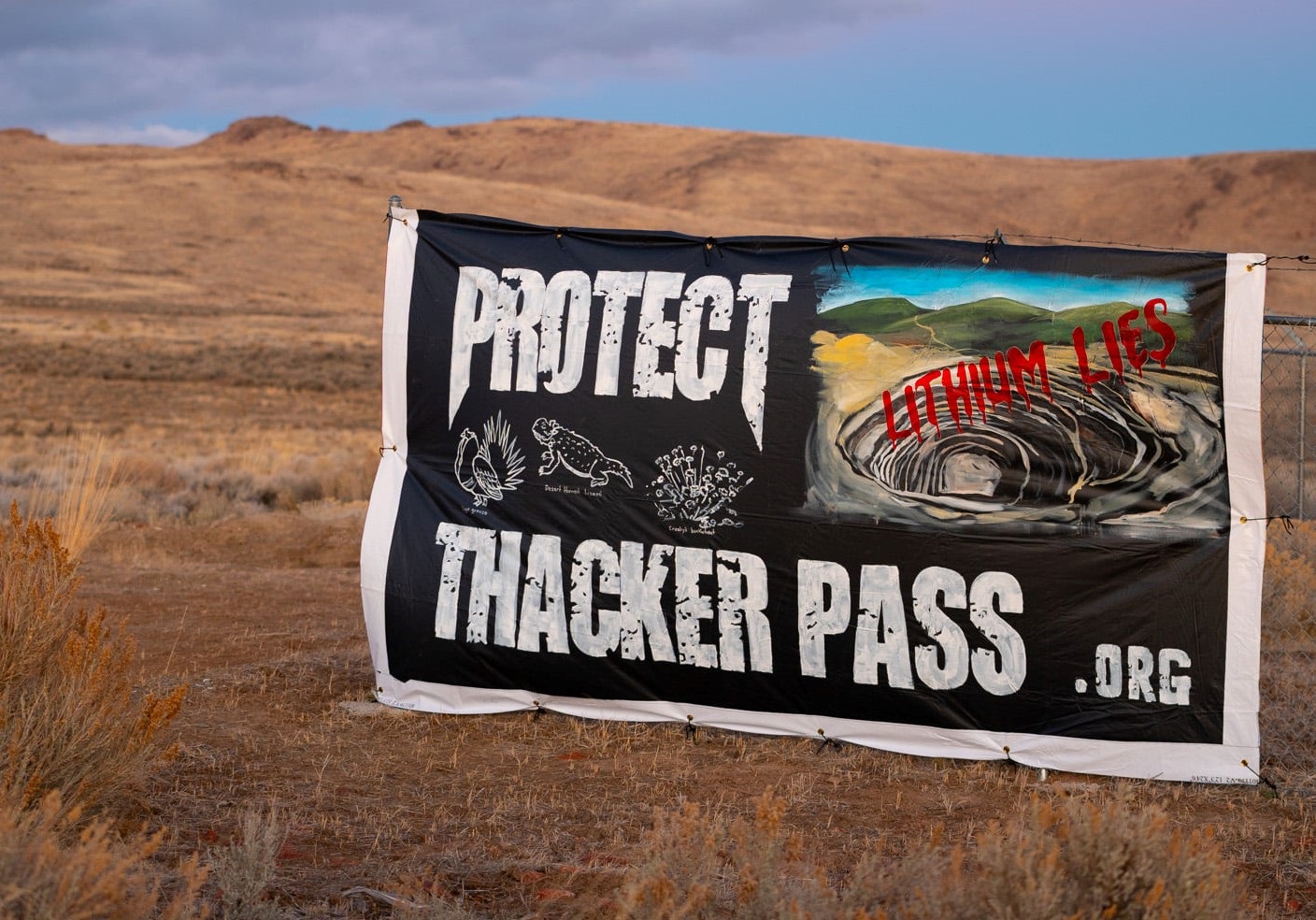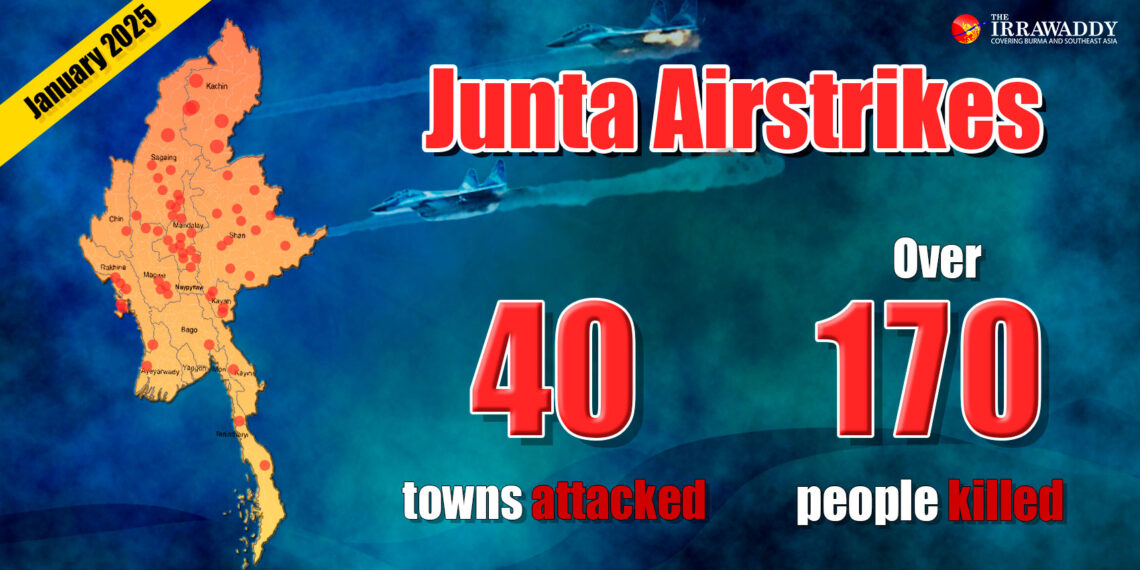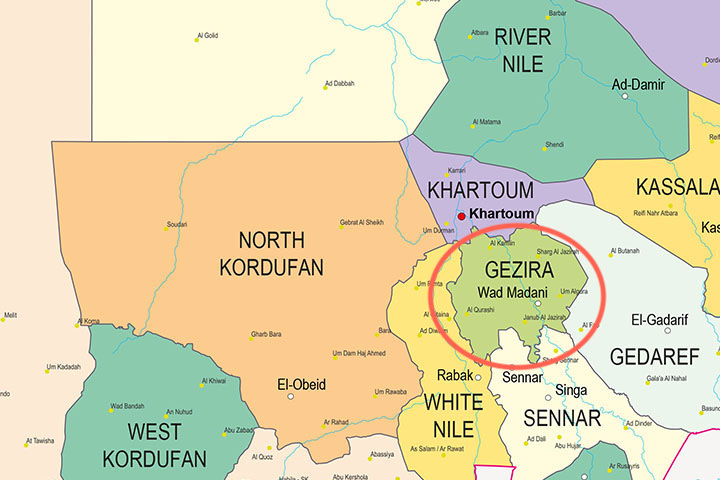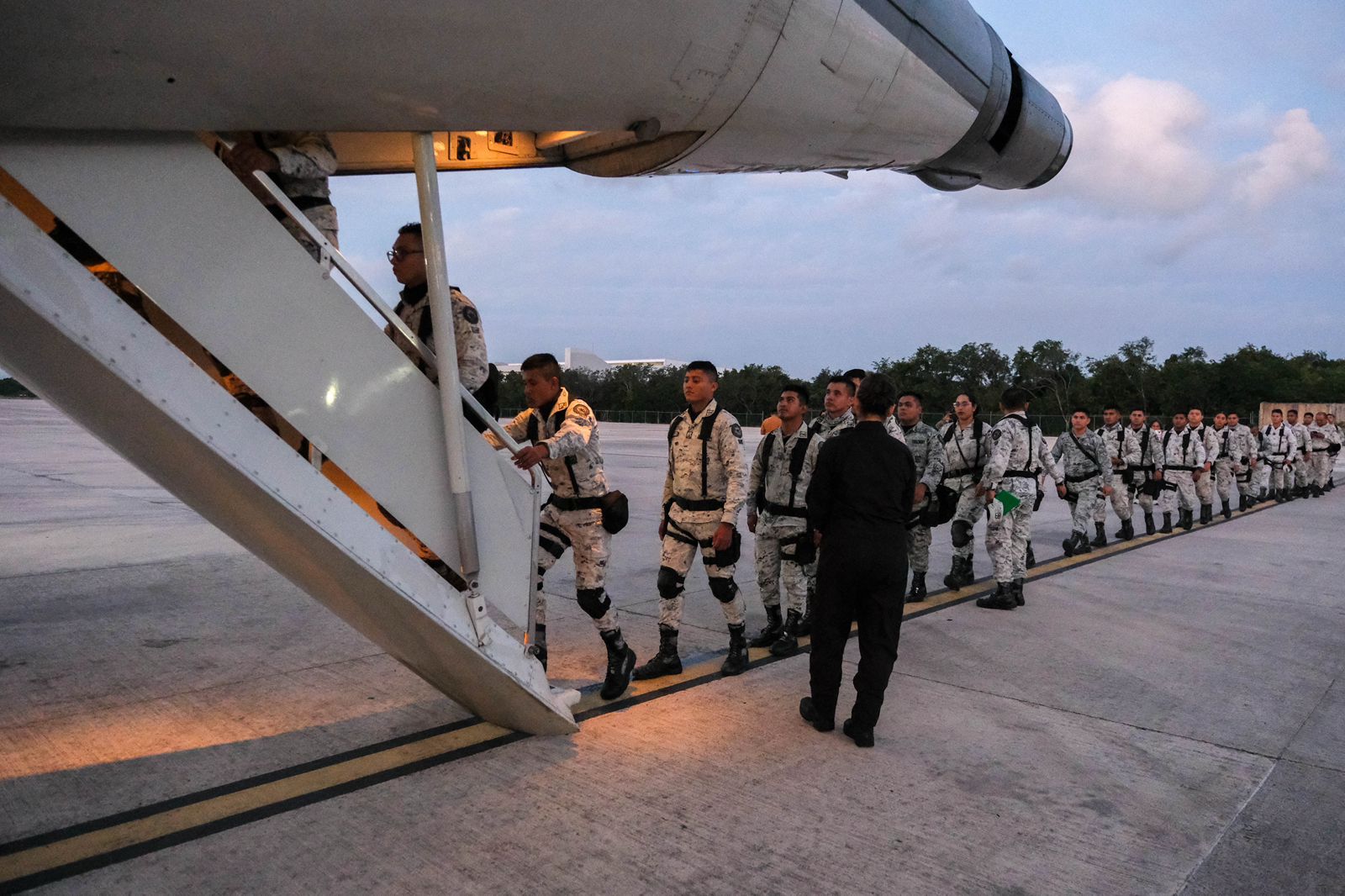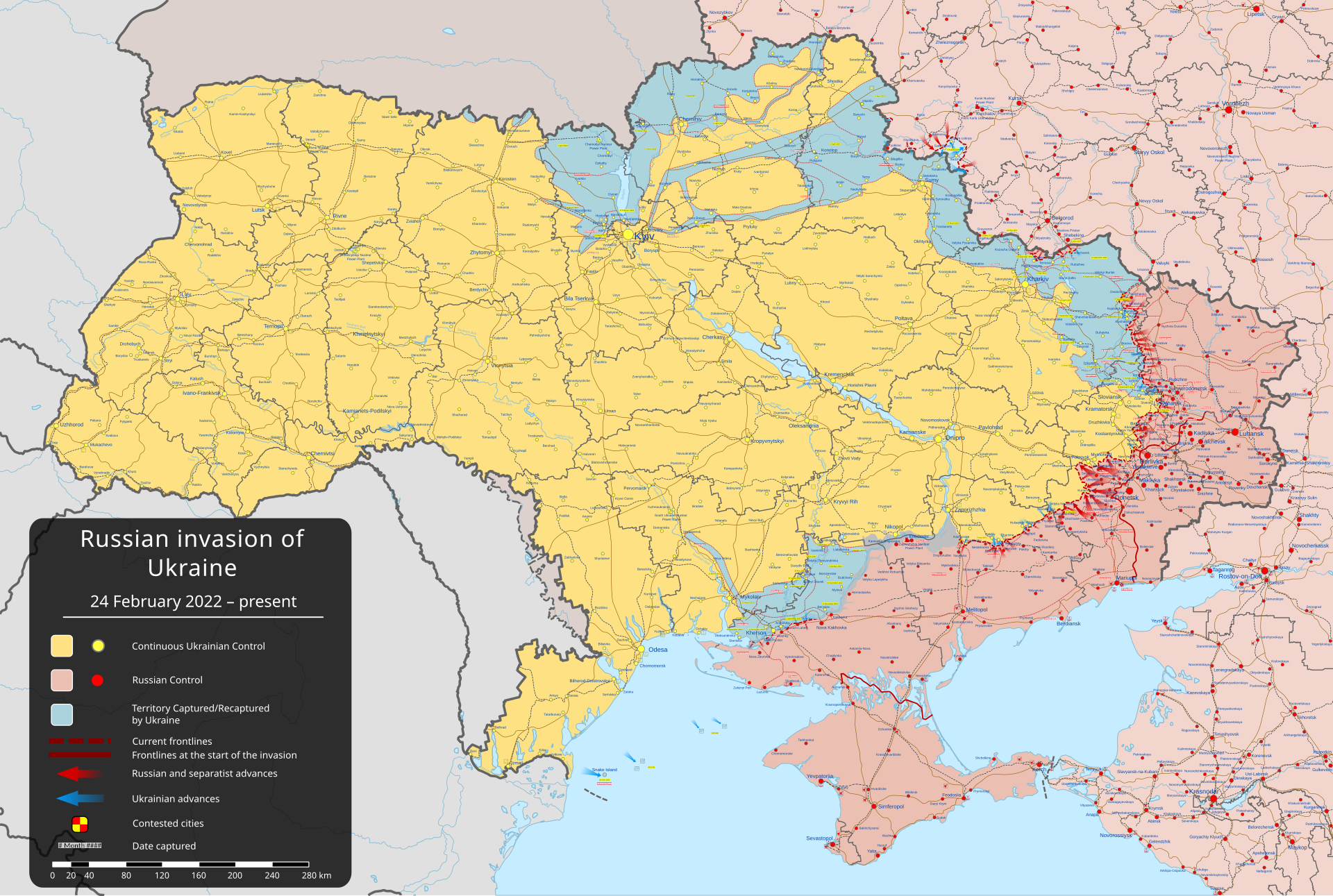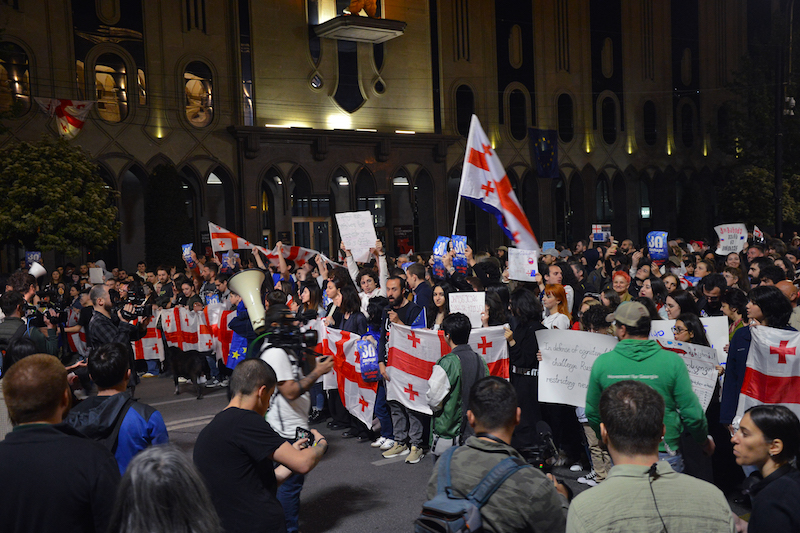
Ukraine, Greenland and the global struggle for lithium
In Episode 265 of the CounterVortex podcast, Bill Weinberg examines Trump’s ultimatum to Ukraine to hand over a large share of its wealth in strategic minerals such as lithium in exchange for continued US military aid—and whether a race with China for control of the lithium and rare earth elements needed for Elon Musk‘s industrial interests might also be the agenda behind the Trump regime’s annexationist designs on Greenland. Trump is meanwhile opening Native American lands in Nevada to lithium exploitation, while Musk’s Tesla has sought to grab a share of Bolivia‘s lithium reserves—now also coveted by China. Listen on SoundCloud or via Patreon. (Photo: rare earth mine at Mountain Pass, Calif. Credit: Tmy350 via Wikimedia Commons)




